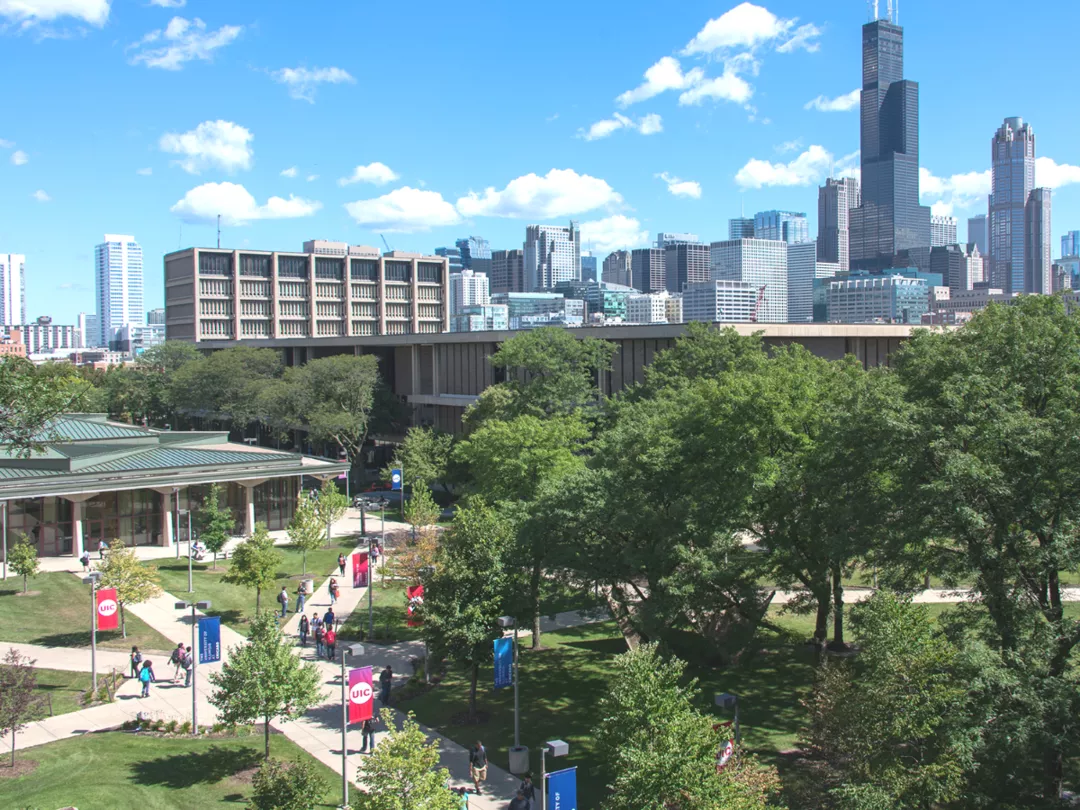-
hello@abroadcube.com
Mail us
-
Call For Help:
98779 83783
-
Whatsapp Us
70090 34921
The Department of Mechanical and Industrial Engineering offers master’s programs that are designed to serve a broad range of student needs and career objectives in the field. Many students complete these programs and move directly into higher-level jobs in industry and government agencies, while others use the degree as a springboard to doctoral-level study in mechanical or industrial engineering.
The graduate programs at the Department of Mechanical and Industrial Engineering cover broad areas of mechanical and industrial engineering. The primary areas of concentration are mechanical analysis and design, fluids engineering, thermal sciences, robotics, manufacturing, and industrial engineering. Students may select basic and applied courses dealing with such topics as fluid mechanics, heat and mass transfer, thermodynamics, combustion, stress analysis, noise and vibrations, mechanisms, mechanical design, dynamics and control, computer aided design and manufacturing, materials processing, production engineering, and human factors.
| Level | Masters |
| Discipline | Engineering |
| Duration | 24 months |
| Intakes | Jan, Aug |
| Application Fees | USD 0 |
| Tuition Fees | USD 35400 |
| Campus | Main |
| Language proficiency (minimum) | |
| IELTS | 6.5 |
|---|---|
| TOEFL | 80 |
| PTE | 54 |
| Duolingo | Not Required / Waiver |
| Exam proficiency (minimum) | |
| SAT | Not Required / Waiver |
|---|---|
| ACT | Not Required / Waiver |
| GRE | Not Required / Waiver |
| GMAT | Not Required / Waiver |
Minimum GPA - 77.0%
QS Quacquarelli Symonds is the world’s leading provider of services, analytics, and insight to the global higher education sector, whose mission is to enable motivated people anywhere in the world to fulfil their potential through educational achievement, international mobility, and career development.
THE (Times Higher Education) has been providing trusted performance data on universities for students and their families, academics, university leaders, governments and industry, since 2004. We create university rankings to assess university performance on the global stage and to provide a resource for readers to understand the different missions and successes of higher education institutions.
The Academic Ranking of World Universities (ARWU) was first published in June 2003 by the Center for World-Class Universities (CWCU), Graduate School of Education (formerly the Institute of Higher Education) of Shanghai Jiao Tong University, China, and updated on an annual basis
The "Webometrics Ranking of World Universities" is an initiative of the Cybermetrics Lab, a research group belonging to the Consejo Superior de Investigaciones Científicas (CSIC), the largest public research body in Spain. CSIC is among the first basic research organizations in Europe. The CSIC consisted in 2006 of 126 centers and institutes distributed throughout Spain.

